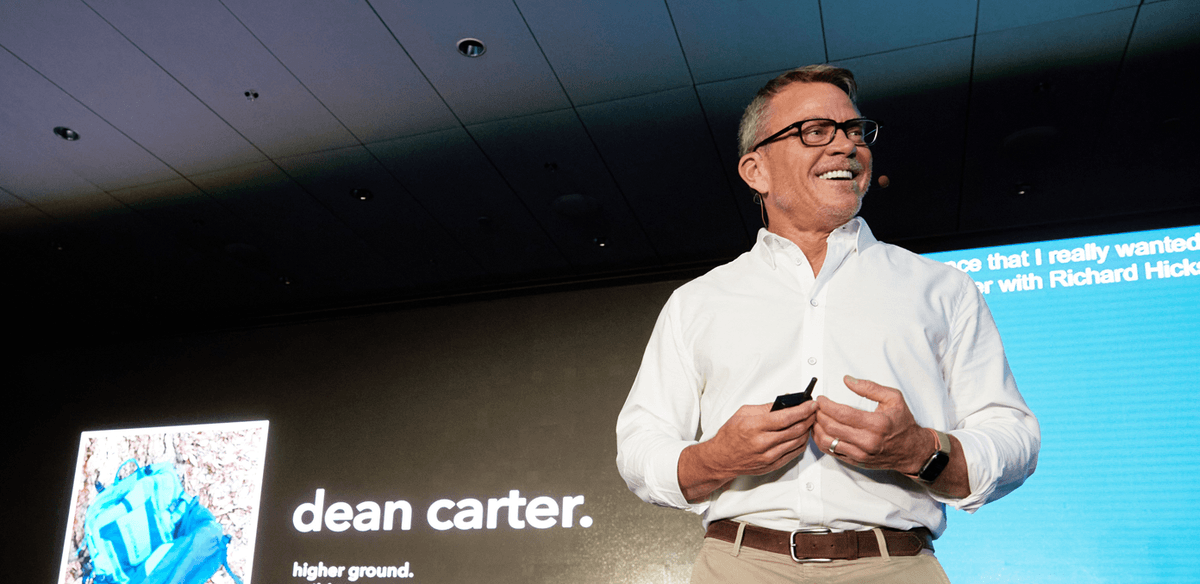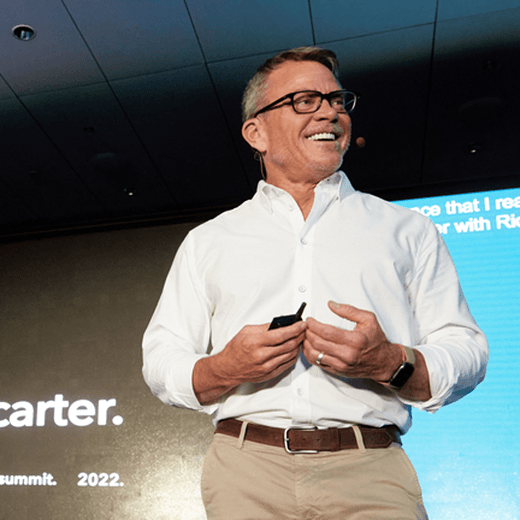Dean Carter |
Getting curious about AI in HR
Disclaimer: This post was written by me, a human. Not generative AI, although how long will it be until that’s a standard question we ask ourselves and each other?
Yes, the AI conversation (not robots) is taking over the dialogue in pretty much every industry, and few job functions are immune.
We’re mostly still living in a time of anecdotes and early experiments, but unlike the hype we often see with other new technologies where we’re encouraged to take someone else’s word for it, generative AI is already packaged into tools that anyone can try out and see the impact immediately.
While estimates about the speed and scope of the impact of AI on the workforce vary widely, I’ve seen a fairly strong consensus that HR is a function that’s likely to see more transformation rather than less.
That presents a clear opportunity: When you’re a leader of a function that’s looking after your organization’s most valuable asset — your people — the improvements you make to improve the effectiveness of your HR work have the potential to magnify the impact of the employees who are going through their own evolution.
Ultimately, I believe we have a choice. Some will approach AI with curiosity and a mindset of experimentation, and others will hang back and wait to see what others do.
Perhaps unsurprisingly, I think we’re going to need to get a little bit uncomfortable and thoughtfully apply a learner’s mindset to see how we can help our organizations — and our profession — keep growing.
Approaching AI in the HR world
Here are three practical ways HR leaders should explore the topic of AI to elevate their influence.
1. Think like a scientist
There are so many potential applications for AI in the world of HR that there’s no need to feel pressured to move too quickly or too expansively.
Testing and experimenting are your friends, as are your People Analytics experts (aren’t they always?).
This is an opportunity to bring your teams in and get them involved:
Is there work they’re doing that might be improved by AI — for example, writing the first draft of a job description or drafting candidate outreach emails in different styles?
Is anyone itching to run a small-scale trial and apply the rigor and thoughtfulness needed to learn safely?
You can only learn, and even in times when budgets are tight and prioritization rules, it’s unlikely you’ll face too much resistance in an area where there’s so much potential productivity gain.
2. Protect the inputs
It’s reasonable to expect that some sort of regulation could appear around common AI tools, but these things often take time and don’t always provide all the clarity that businesses seek. In the meantime, you can experiment more safely by creating guardrails around the sensitivity of the data your employees use as their input.
For example, you may need to help define proprietary or confidential data more clearly to avoid sharing material that shouldn’t leave your company (no one should be left wondering things like, how sensitive is the information in our employee handbook or our learning curriculum?).
You might also require input data to be de-identified or contain some other form of privacy protection to minimize risks of data misuse. Of course, it goes without saying that your Legal and Compliance teams will be important partners for this work.
3. Make sharing a habit
This is a space that’s going to move quickly, and inevitably there will be successes and cautionary tales that will emerge. In most cases, there are likely going to be more incentives to share what we’re learning with our peers than reasons to keep our breakthroughs to ourselves.
By fostering a culture of sharing as we go, many more of our organizations are likely to learn how to do our jobs better, enable our employees and partners to engage in more fulfilling work, and develop remarkably improved employee experiences.
If you’re as intrigued about AI as I am, I encourage you to visit my LinkedIn profile and let me know how you’re experimenting with AI in your HR function (or why you aren’t).
I’d also love to hear where you see the greatest opportunities for AI to improve the way we tackle HR, as well as the guardrails that may need to be developed.
Thanks in advance for sharing your thoughts.
Until next time, be well and be seen.
Dean’s list
To hear more insights and information about the leadership role of purpose-driven HR from Dean Carter and his CHRO Compass community, sign up here.



